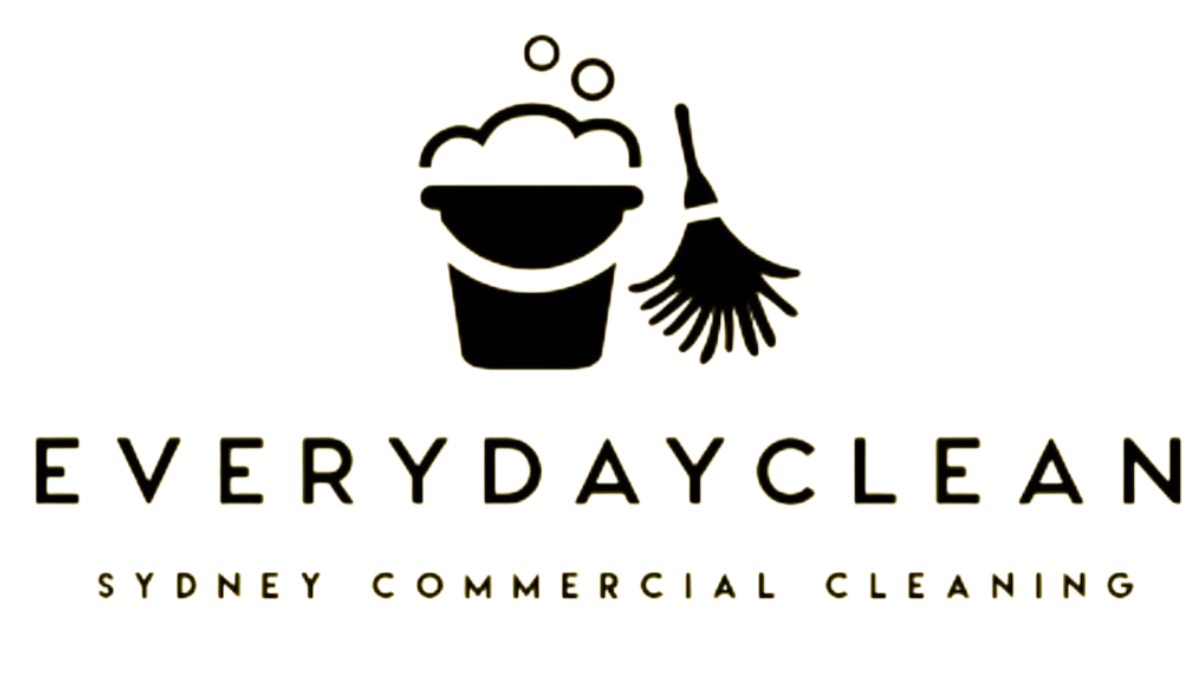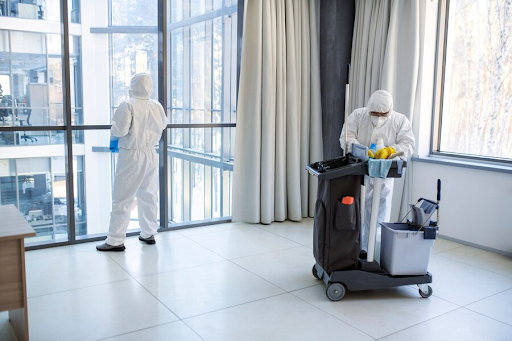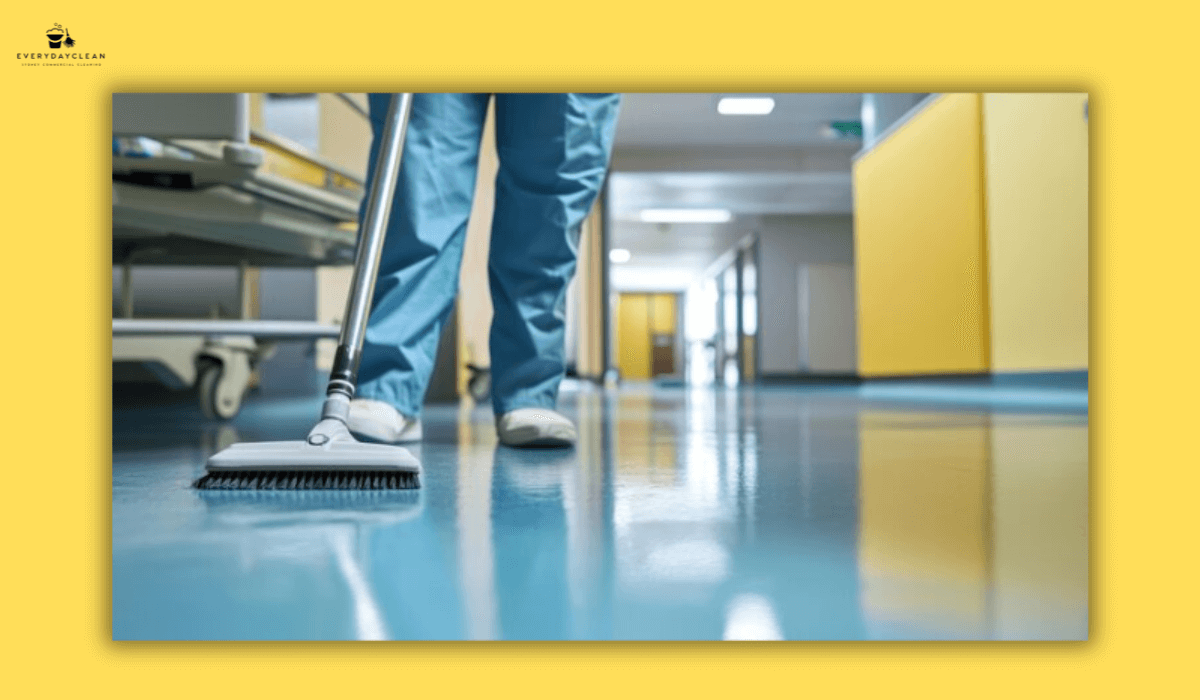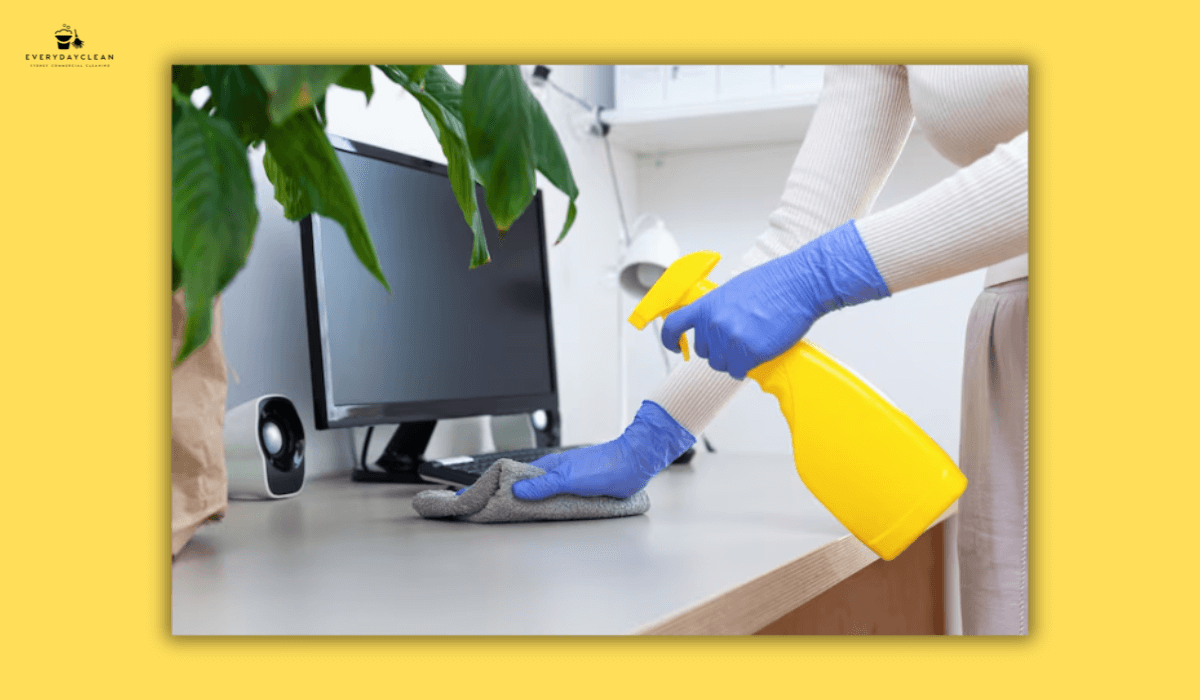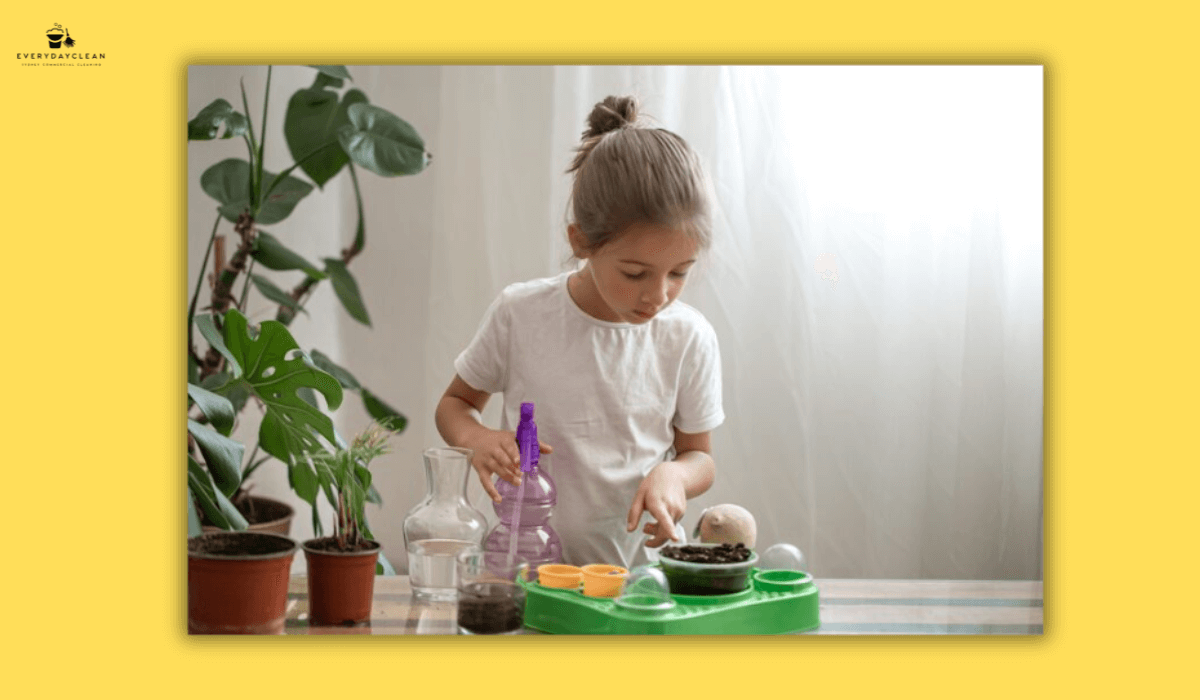Hospital Cleaning Sydney: Trusted Facility Services
Hospital environments require precision, consistency, and expert handling of every surface. Unlike general commercial spaces, healthcare facilities demand structured cleaning routines that support compliance, minimise disruption, and uphold visible hygiene standards. This guide outlines what professional hospital cleaning in Sydney should involve, the areas that require focused attention, and the operational benefits of maintaining a clean medical facility.
The Role of Professional Hospital Cleaning Services
Cleaning in a hospital context is not just about appearances—it’s about following protocols that maintain cleanliness in high-traffic, high-sensitivity areas. Professional teams bring structured checklists, trained staff, and non-invasive routines to support medical operations.
Trained Teams with Procedural Knowledge
Hospital cleaning requires more than basic janitorial services. Experienced providers ensure staff are familiar with surface compatibility (e.g., vinyl, stainless steel, laminate), zoning protocols, and non-cross-contamination systems such as colour-coded tools. This results in consistent execution across wards, admin zones, and common areas.
Compliance with Facility Cleaning Requirements
Healthcare facilities in Sydney often follow compliance obligations such as waste segregation protocols, visual audit readiness, and sanitation registers. Cleaning providers must integrate with these expectations—not as clinicians, but as support crews for a compliant environment.
This operational consistency is why many Sydney-based medical centres rely on expert providers like Everyday Clean to meet their facility cleaning needs without disrupting clinical work.
Key Areas Covered by Hospital Cleaning in Sydney
Each space within a medical facility serves a different purpose and requires tailored cleaning frequencies, materials, and methods. Surface clarity, odour control, and dust reduction all influence how visitors, staff, and contractors perceive a hospital’s cleanliness.
1. Reception and Visitor-Facing Areas
First impressions matter. From reception counters to waiting lounges, clean, streak-free surfaces contribute to a professional and organised appearance. Daily wiping of touchpoints (like door handles and seating) using appropriate surface-safe products helps maintain a polished aesthetic.
2. Corridors, Lifts, and High-Traffic Zones
These transitional areas accumulate dirt quickly. Floors must be cleaned with non-slip, low-fragrance products, while skirting boards and wall corners require regular dust removal. Microfibre mops and vacuum systems with HEPA filters are ideal for fine particulate control.
3. Restrooms and Staff Amenities
Restrooms in hospitals must appear visibly clean at all times. Consistent cleaning of basins, floors, partitions, and dispensers reinforces a sense of order. In staff areas, kitchenettes and lockers should be maintained to avoid surface buildup and create a pleasant break environment.
4. Treatment Rooms and Administrative Offices
While treatment surfaces are handled by clinical staff, external furniture, floors, and windows in these areas also require routine care. Cleaning crews must operate with discretion and coordination with shift schedules to avoid interruption.
Everyday Clean's team follows low-disruption protocols across admin and patient-adjacent areas to ensure each task supports—not interrupts—operations.
Advanced Methods Used in Hospital Cleaning
A modern hospital cleaning service uses equipment and systems that minimise environmental impact while increasing efficiency.
Low-Touch Cleaning Equipment
Electrostatic sprayers, battery-powered scrubbers, and HEPA vacuums reduce manual strain and improve coverage. These tools ensure more consistent results without over-wetting or requiring excessive downtime in cleaned zones.
Microfibre and Colour-Coded Systems
High-grade microfibre cloths trap dust without spreading it. Colour-coding (e.g., red for restrooms, blue for general areas) prevents tool cross-use between areas, a core component of hygiene logic in facility cleaning.
Eco-Friendly Cleaning Products
Hospitals benefit from products that are fragrance-free, biodegradable, and free from aggressive chemical residues. Many professional cleaners now use certified eco products that comply with Green Cleaning standards while maintaining performance.
Benefits of Outsourcing Hospital Cleaning in Sydney
Hospital administrators often partner with commercial cleaners to ensure quality control, reduce internal overheads, and ensure accountability.
Structured Checklists and Cleaning Logs
Professional providers operate with documented cleaning schedules and completion logs—ensuring traceability and visual consistency.
Reduced Administrative Burden
Instead of managing rosters or replacements, outsourcing shifts responsibility to the cleaning provider. Providers handle recruitment, vetting, and training, allowing hospital teams to focus on core functions.
Flexible Cleaning Contracts
From daily surface care to periodic deep cleans, flexible contracts enable hospitals to scale services depending on traffic, seasonality, or accreditation schedules.
FAQs About Hospital Cleaning Sydney
What is included in hospital cleaning services in Sydney?
Professional hospital cleaning typically includes routine surface cleaning, restroom sanitation, floor polishing, waste area management, and window care. It may also include periodic deep cleaning for administration areas, storage rooms, or back-of-house facilities.
How is hospital cleaning different from general commercial cleaning?
Hospital cleaning follows stricter procedural systems. It includes specific tool separation, more frequent service intervals, and surface compatibility awareness to prevent material degradation.
How often should hospital common areas be cleaned?
High-traffic common areas such as lifts, waiting rooms, and hallways are generally serviced daily, with some requiring multiple cleans per day depending on footfall.
Are the products used in hospital cleaning safe for sensitive environments?
Yes. Reputable hospital cleaning providers use low-toxicity, fragrance-free, and non-corrosive products that meet visual hygiene standards while avoiding harsh chemicals.
Can hospital cleaning be performed after hours to reduce disruptions?
Absolutely. Most professional providers offer flexible scheduling, including early mornings, evenings, or weekends, to minimise disruption to hospital staff and patients.
Conclusion
Hospital cleaning is not about health advice—it’s about visible cleanliness, surface maintenance, and operational support. With the right cleaning systems in place, medical facilities in Sydney can remain compliant, organised, and welcoming to patients, staff, and visitors alike. Professional providers bring tools, training, and protocols that keep facilities spotless without disrupting essential clinical work.
To learn how a Sydney-based cleaning provider can help your medical facility maintain spotless presentation, visit the Everyday Clean homepage.
For dedicated hospital and medical facility services, explore Everyday Clean's medical cleaning service offering.
Author: Everyday Clean Content Team
Everyday Clean is Sydney’s trusted provider of professional office, strata, and commercial cleaning services. Our licensed and insured team helps workplaces maintain top hygiene standards with eco-friendly products and proven cleaning systems. With years of experience supporting Sydney businesses, Everyday Clean shares expert tips, real case studies, and practical advice to keep your workplace safe, compliant, and welcoming.
